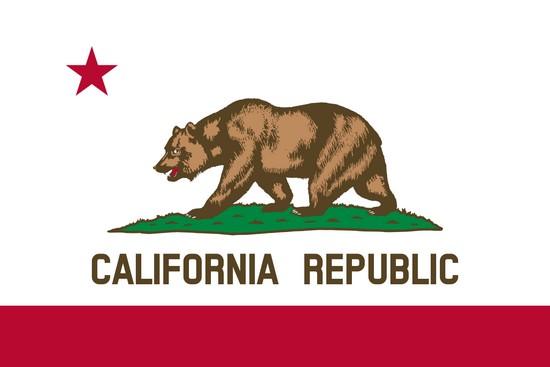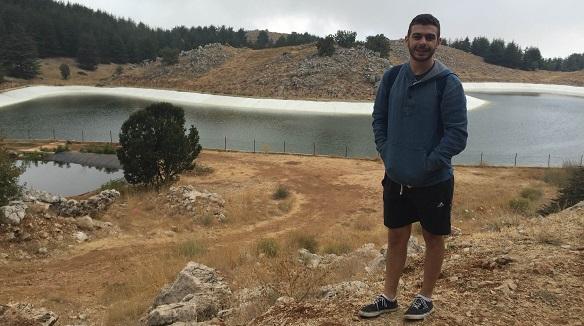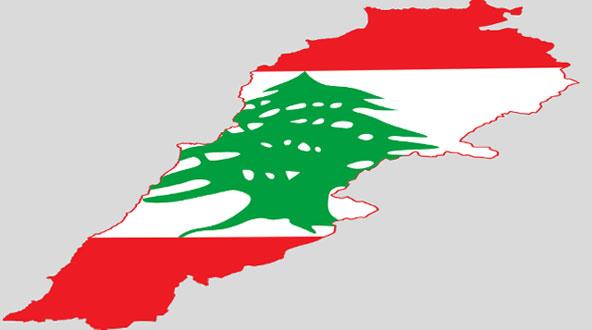Lebanon
Association Justice et Miséricorde (AJEM)
The Association Justice and Mercy (AJEM) is a Lebanese nonprofit, nonpolitical and nonsectarian nongovernmental organization (NGO) created in 1996 at the initiative of a group of social workers. AJEM deals mainly with the right of prisoners in Lebanon, and more generally with human rights, the fight against torture and other cruel, inhuman and degrading treatment, and works to abolish the death penalty.
“The National Coalition for the Abolition of Death Penalty in Lebanon”
Early 1997, the first initiative to abolish the death penalty was launched with the participation of celebrities and several NGOs including AJEM . It was at the initiative of AJEM and ADDL (Association for Defense of Human Rights and Freedoms) that the first collective public statement calling for the abolition of the death penalty was launched on May 21, 1998. A wide program of innovative activities has been set up by this movement. As such, it may be noted the implementation of a large demonstration against public executions of two young boys in the town of Tarbaja (Mount Lebanon) on May 20, 1998. The slogan was: “We mourn the victims of crime as well as the first victims of the execution.” Members of the movement, including the president of AJEM, stood back in the place of execution, blocking the road with a banner in black and white, so that judges, religious men, security forces, the media and many others could stop and read the slogan.
The event made the headlines in a dozen newspapers and local media, Arab and international and was heralded as a milestone in the history of the abolition of death penalty in Lebanon. An early success of this national campaign was the cancellation of the law 302/94 known as the “killer law” which stated that “everyone will be killer (it) killed” regardless of mitigating circumstances. (Act 302/94) Another important result of the launch of the campaign process to abolish the death penalty in Lebanon, was that lawyers, researchers and human rights legislators submitted three bills and proposals to replace the death penalty between 2001 and 2009. On June 30, 2004, a bill was submitted by seven MPs to abolish the death penalty and replace it with life imprisonment and hard labor without the possibility of parole. But the proposal was not developed. In 2006, it is still the “national campaign” (to abolish the death penalty) that prepared a bill that offered the right to study the nature and circumstances of each crime with the opportunity to benefit from the Article 4 of Law 163/2002. It was signed by seven members and introduced in Parliament by MPs and a member of the “campaign”: Ghassan MOUKHAIBER. But the project remained unanswered. Finally, in 2008, Dr. Ibhrahim Najjar, Minister of Justice submitted his bill to the Presidency of the Republic and the Cabinet so that the death penalty be abolished and replaced by life imprisonment doubled with forced labor. But this project was not put on the agenda. It is also important to note the parliamentary initiative of 2007, as part of the “National Campaign for Human Rights” which led to important discussions in Parliament on the abolition of the death penalty and possible alternatives, in the presence of members of the “national campaign”, organizations and associations defending human rights and of the Members concerned. In addition to research alternatives, this movement has produced statistical documents and publications, and organised trainings, conferences and events with families of victims etc.. The most notable result is the de facto moratorium that prevailed in Lebanon since 2004 and in which this movement has played a major role.
The World Day against the Death Penalty on 10/10/2011
On the occasion of the Ninth World Day against the Death Penalty held on Monday, October 10, 2011, AJEM has established an advocacy and information destined for the Lebanese people on the death penalty. It hoped thereby to show their support for Lebanese sentenced to death, currently numbering 57, including three women in Lebanese prisons. On October 10, 2011, AJEM was therefore present on the Place de l’Etoile (Beirut Center) from 15:30. AJEM a booth with information the following documents: – the petition “CALL FOR A UNIVERSAL MORATORIUM ON THE DEATH PENALTY” proposed by the World Coalition, in English and French. – The petition “CALL FOR ABOLITION OF DEATH PENALTY IN LEBANON” conducted by AJEM, in both French and Arabic. – “Facts and Figures” on the death penalty worldwide, proposed by the World Coalition, in English and French – The brochure entitled “the death penalty is inhuman,” proposed by the World Coalition, in English and French. – “Facts and Figures” on the death penalty in Lebanon, document produced by AJEM, French and Arabic. – Posters of the 9th World Day against the death penalty The World Coalition in French: “the death penalty is inhumane.” – Posters of different projects AJEM (torture, violence and drugs) The signing of petitions was a major success. The Lebanese Association ALEF was also present. The flash mob was able to start around 17h after a few words of Father Hady AYA, president of AJEM. All members and persons AJEM especially present on the occasion of this event, donned white masks, in addition to their shirt, and left to stand in front of AJEM, in procession, the music of “Requiem for a Dream,” to place before the Lebanese parliament. All participants hava stayed silenced for 2 minutes before the parliament in protest against the death penalty.
Date founded
1998Structure type
NGO

 Mount Lebanon, Metn, Antelias, Rahbani Street,
Mount Lebanon, Metn, Antelias, Rahbani Street,  Phone 00 961 1 90 15 60
Phone 00 961 1 90 15 60







